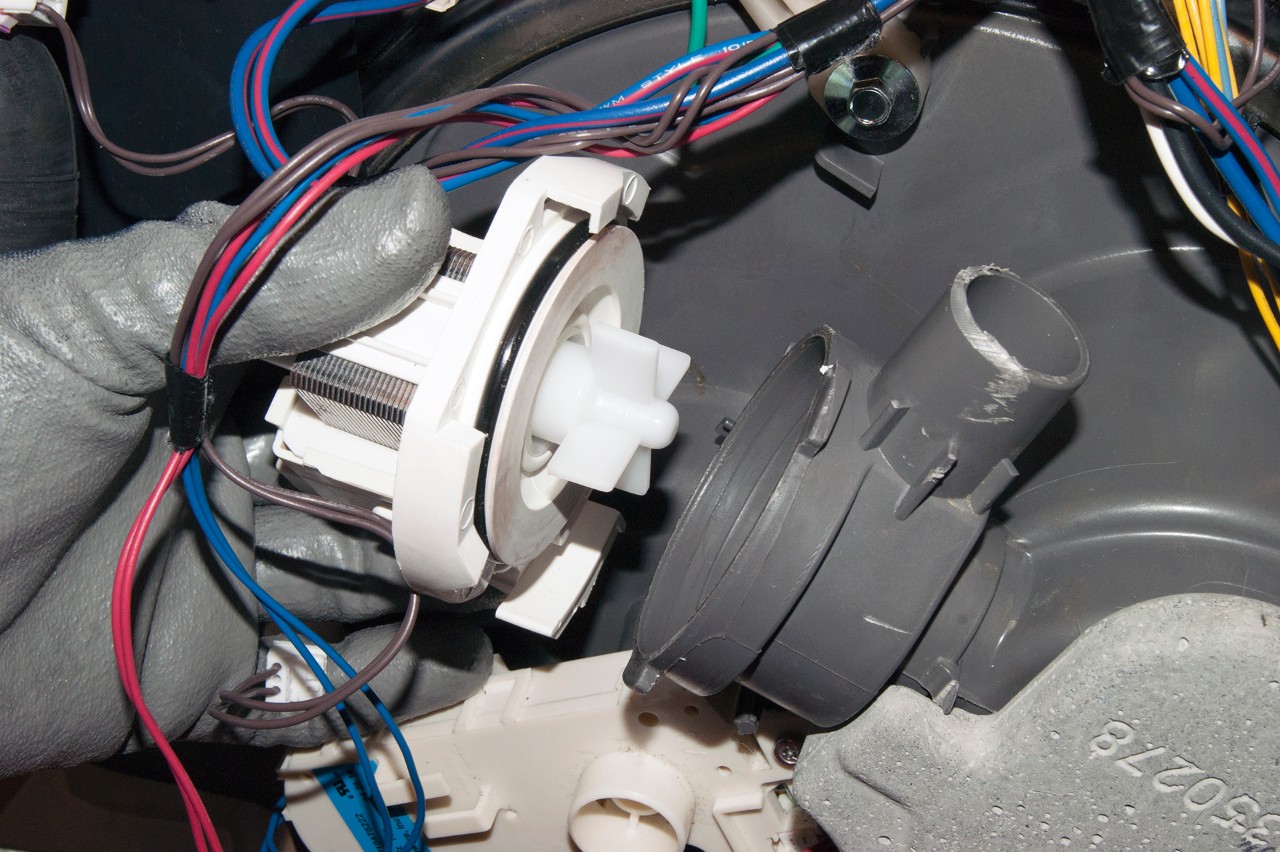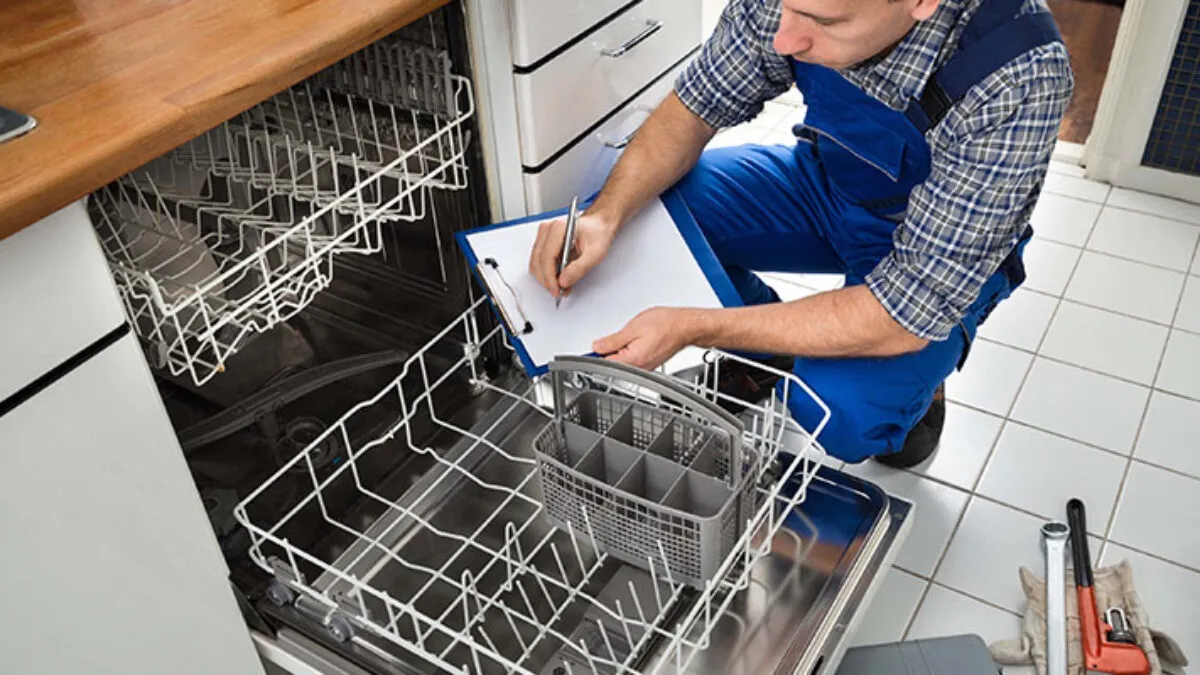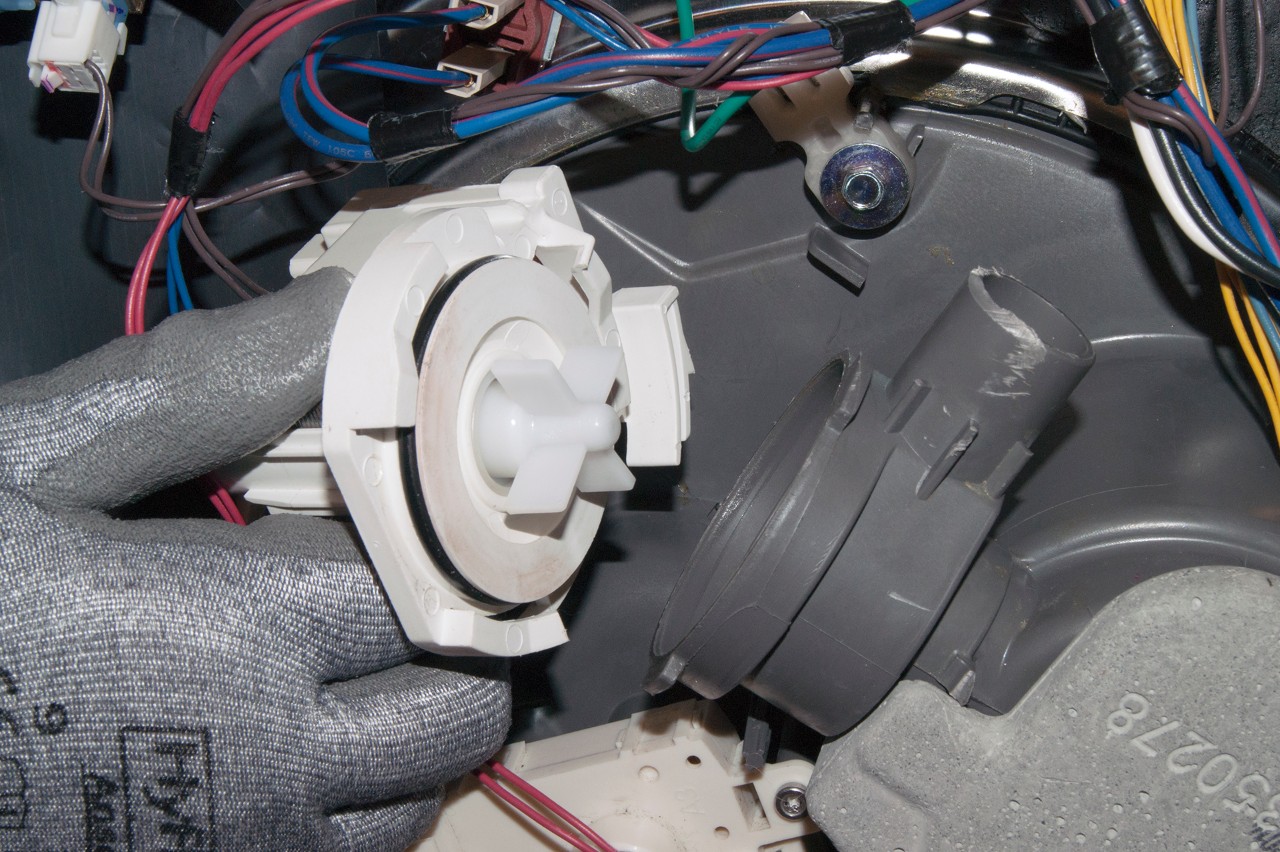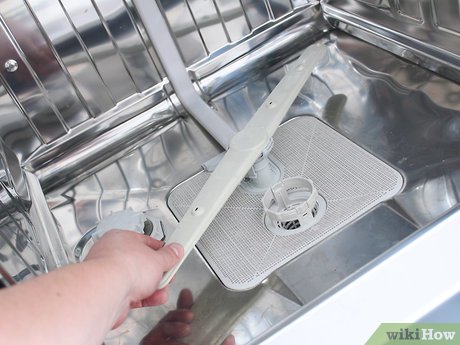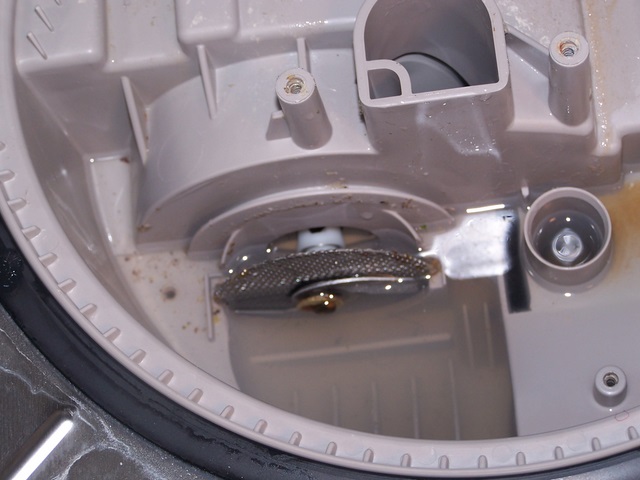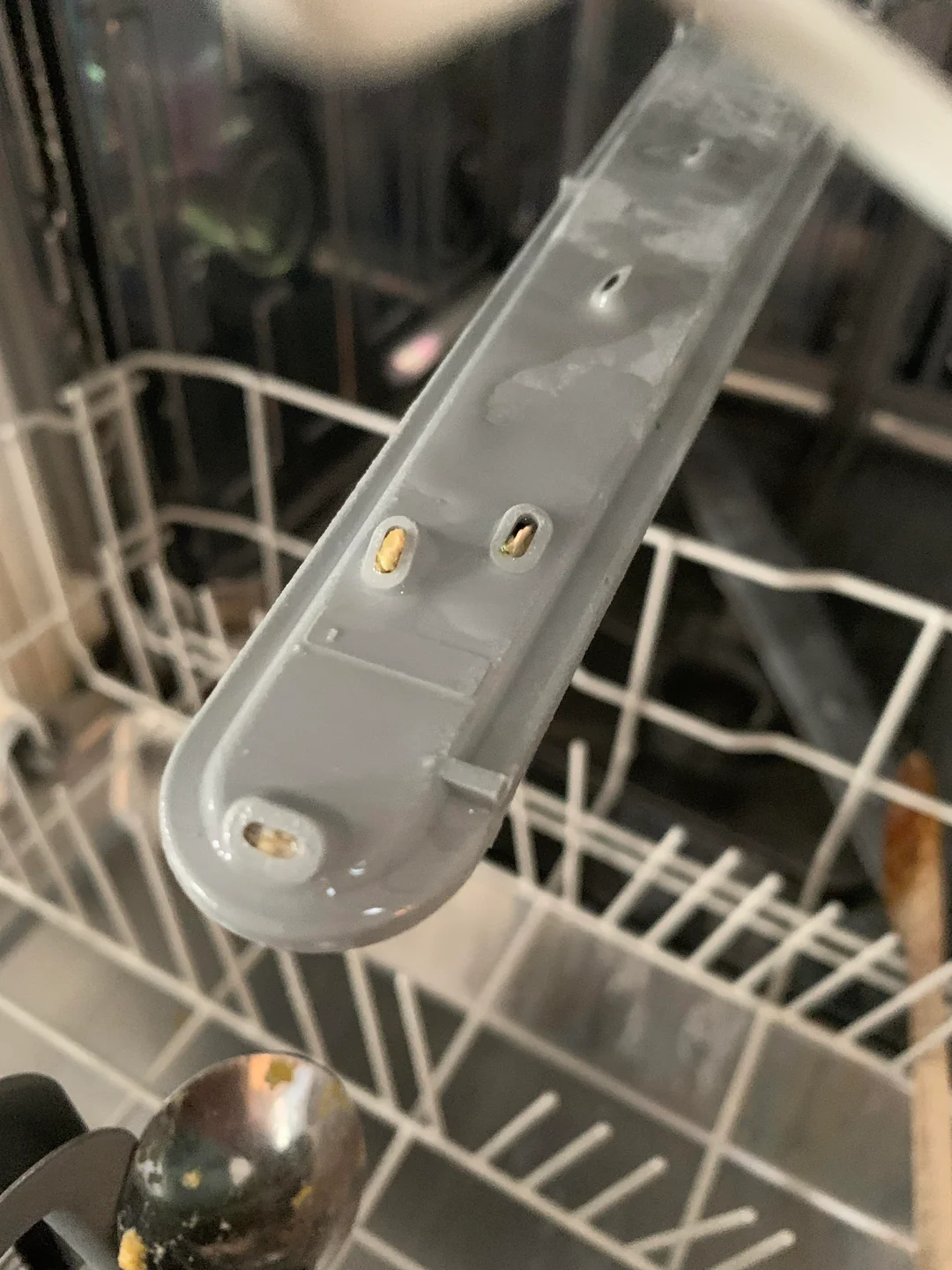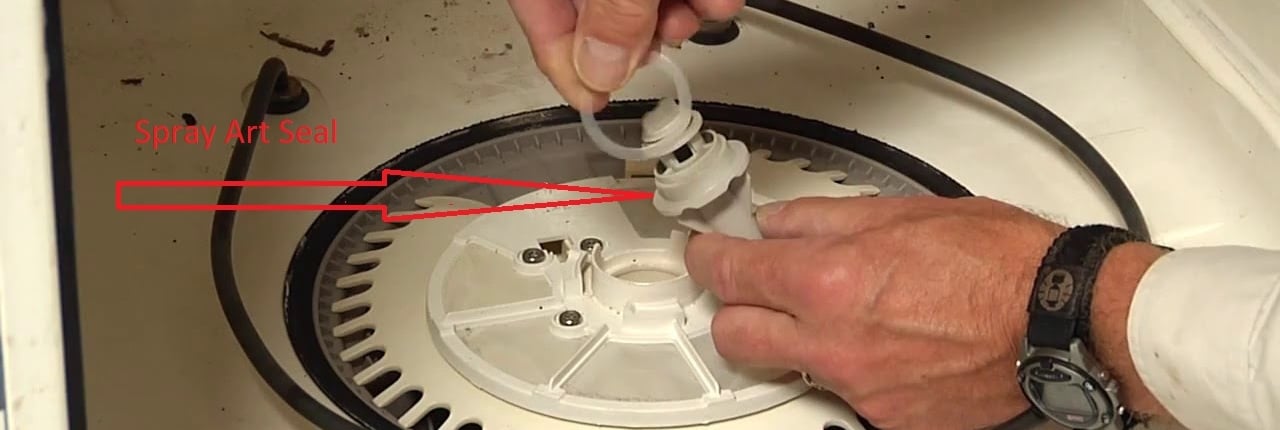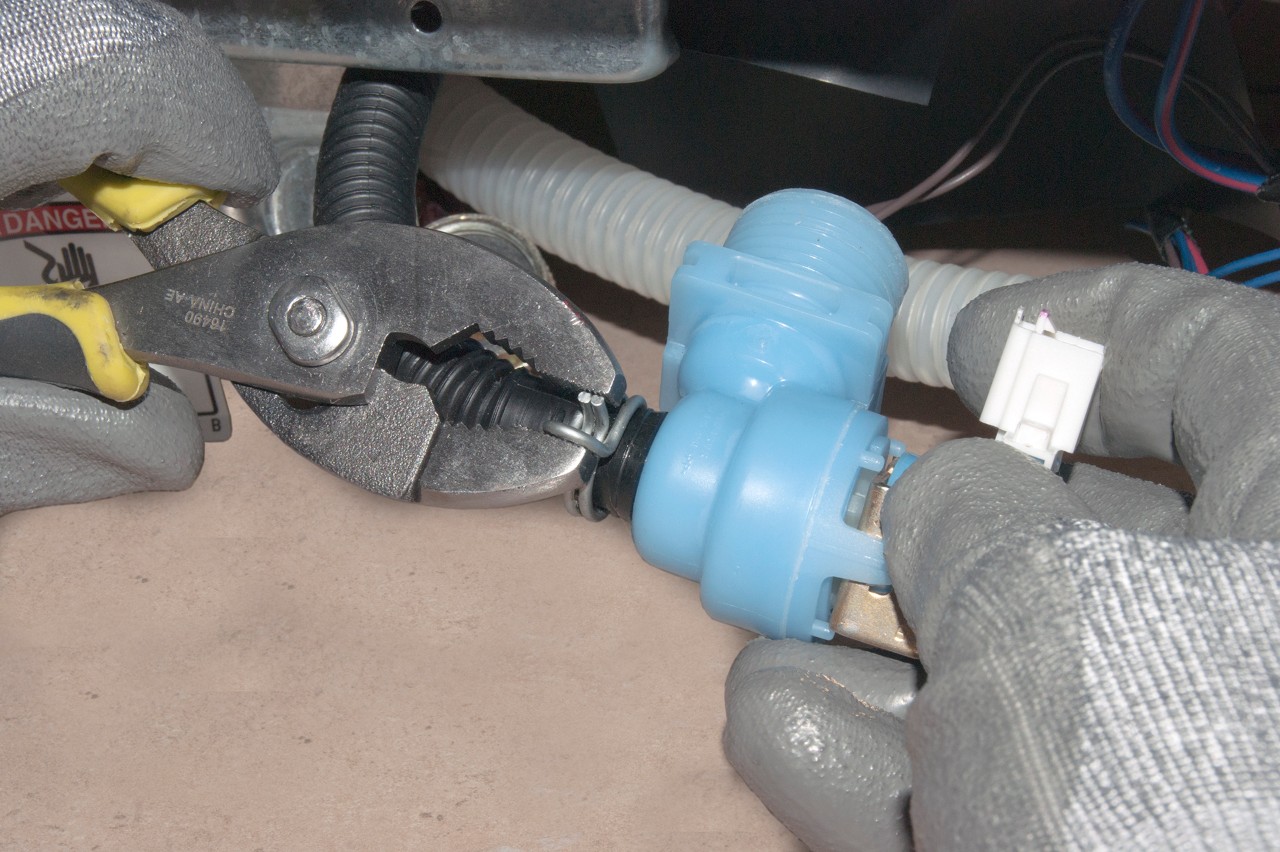Dishwasher Making Loud Noise – How To Fix?
If your dishwasher emit loud noises, this may be really disturbing and alarming. Knowing what's generating the noise—be it buzzing, grinding, or humming—along with how to correct it will help your appliance last longer and run more effectively. The several reasons of dishwashing noise will be discussed in this tutorial together with doable fixes for these issues. Contact professional dishwasher repair technician from RightFix.
Possible Causes of Dishwasher Noise
Usually silent, dishwashers make odd noises when they start to indicate a possible problem. Increased noise results from a number of machine components wearing down, breaking, or clogging themselves. These are some typical reasons of dishwashing noise and how to find them.
Faulty Circulation Pump
Moving water through the spray arms is the job of the circulation pump; if it breaks down, you can find your dishwasher vibrating loudly or grinding. A failed pump might have worn-out components that cause more friction whilst running.
A malfunctioning circulation pump exhibits:
- Noise coming from a dishwasher running water.
- Buzzing or humming loudly throughout the wash cycle.
- Low water pressure results in improperly cleaned dishes.
Worn Motor Bearings
Wearing motor bearings is another often occurring source of dishwashing noise. The bearings supporting the motor might deteriorate over time, producing a loud buzzing sound. As the motor strains to turn the spray arms and pump water, this noise could get more noticeable.
Indicators of worn-out motor bearings:
- Continuous buzzing sounds all through the wash cycle.
- Rising noise when the bearings deteriorate throughout time.
- Possible vibrations apart from the sounds.
Malfunctioning Drain Pump
Following every wash cycle, the drain pump helps clear water from the dishwasher. Should your dishwasher produce loud noise when draining, the drain pump might be the source. It can be age-related malfunctioning or blocked by trash.
Typical drain pump problem symptoms:
- Strong humming or buzzing while the dishwasher is running empty.
- Water not completely emptying from the dishwasher.
- Dishwasher producing loud noise at wash cycle's finish.
Damaged Wash Impeller
Water is driven across the spray arms of the dishwasher by the wash impeller. If the impeller develop damage or cloggedness, your dishwasher may grind loudly. A damaged impeller will change the water flow, therefore compromising the cleaning efficacy.
Indices of a wash impeller's damage:
- Dishwasher grindingly noisy throughout the wash cycle.
- lowered spray arm water pressure.
- Food bits remaining on cleaned plates.
Broken Chopper Blade
Food particles and waste are chopped by the chopper blade within your dishwasher to stop them from blocking the drainage system. Should the chopper blade break, it will try to run and produce a grinding or buzzing sound.
Broken chopper blade symptoms include:
- Strong sounds of grinding throughout the washing cycle.
- Food trash left inside the wash-through dishwasher.
- Problems with drainage brought on by obstructing trash.
Faulty Spray Arms
To clean your dishes, the spray arms of your dishwasher spin and spray water upon them. Should these spray arms break, clog, or misalign, they might strike the dishwasher's sides or dishes, producing loud banging or rattling noises.
Signs of broken spray arms:
- Strong pounding or rattling sounds throughout the washing.
- Unequal water distribution producing unsatisfactory dish cleanliness.
- Clearly visible blocks or fractures in the spray arm openings.
Worn Wash Arm Bearing Ring
The wash arm bearing ring lets the spray arms spin smoothly. If this ring fail, the spray arms may not rotate freely, generating more noise and less cleaning effectiveness.
A worn wash arm carrying ring causes symptoms including:
- Noise in the dishwasher when water runs through.
- Limited motion of the spray arms.
- Strong humming or buzzing throughout the wash cycle.
Defective Water Inlet Valve
The water inlet valve regulates water entering the dishwasher. If it get blocked or malfunctioning, you might hear a loud humming or buzzing sound when the dishwasher runs full capacity.
Defective water intake valve indicators include:
- Dishwasher producing loud buzzing noise while water filling.
- Dishwasher fills either slowly or incompletely.
- Water seeping from the vicinity of valves.
How to Fix Dishwasher Noise
Once the source of the noise has been found, correcting it usually is easy. Depending on the problem, you could repair broken parts, clear blockages, or schedule routine maintenance to get your dishwasher back to silent running.
Inspect and Replace Faulty Components
If you believe a component—such as the wash impeller, drain pump, or circulation pump—is defective, you will have to check and replace it. Use these broad guidelines for quieting noisy parts:
- For safety, unplug the dishwasher and cut off the water flow.
- To get inside the dishwasher, remove the bottom panel.
- Look for obvious wear, clogs, or damage on the suspected component.
- Replace the broken component with a fresh one according manufacturer guidelines.
- Reconord the dishwasher and run it to see whether the noise problem is fixed.
Regular Maintenance
Frequent maintenance of your dishwasher helps to avoid certain noise-related problems. You should perform the following:
- Monthly, clean the filters and spray arms to get food waste and mineral deposits off.
- At least once per year, check the circulation and drain pumps for obstructions.
- To stop wear and tear, lubricate moving components including the motor bearings.
- Frequent inspection of the chopper blade guarantees optimal operation.
When to Call a Professional
While certain repairs are doable for do-it-yourselfers, others—such as motor replacement or handling of electrical components—may call for expert help. You should call a professional expert if you're not sure how to solve the issue or if your dishwasher is still producing loud noise following basic fixes. They can give the required repairs and precisely identify the problem.
Discover why your Samsung dishwasher is leaking and how to fix it quickly and efficiently. Visit our detailed guide here: Samsung Dishwasher Leaking. Don't let a simple leak disrupt your daily routine—find solutions today!
Preventive Measures to Avoid Noise
You have to act preventatively if you want your dishwasher running silently. These easy habits help you lower your chance of noise-related issues.
Proper Loading of Dishes
Dishware loaded improperly might produce rattling and pounding within the dishwasher. Make sure bigger objects don't obstruct the spray arm movement and that dishes are not piled too closely. To guarantee complete cleaning and prevent noise, always fill the dishwasher as advised by the manufacturer.
Using Quality Detergents
Using excellent detergues helps avoid residue building inside the dishwasher. Low-quality detergues might create deposits that clogged the spray arms and filters, therefore causing noise and poor performance.
Regular Cleaning of Filters and Spray Arms
Maintaining good functioning depends on keeping your spray arms and filters clean. Mineral deposits and food particles can choke these parts, producing noise and lowering the dishwasher's effectiveness. Regular cleanliness of these components helps to prevent such problems.
Conclusion
Often a clue that something is broken within a dishwasher is loud noise coming from it. Whether it's a broken spray arm, a blocked drain pump, or a malfunctioning circulation pump, spotting and resolving the issue can let your dishwasher run peacefully once more. Furthermore helping to avoid noise-related problems in the future are regular maintenance, correct loading, and quick repairs. It might be time to call a professional repair company like RightFix to obtain professional advice if your dishwasher is still producing noise after troubleshooting.
Your dishwasher's lifetime may be increased and its operation kept quiet and efficient by following correct procedures and doing regular maintenance.
REFERENCES
- Atamer, Serkan, and M. Ercan Altinsoy. “Sound quality of dishwashers: Annoyance perception.” Applied Acoustics 180 (2021): 108099.
https://www.sciencedirect.com/science/article/abs/pii/S0003682X21001924 - Lee, Nokhaeng, and Youngjin Park. “Active noise control for dishwasher noise.” Journal of Physics: Conference Series. Vol. 744. No. 1. IOP Publishing, 2016.
https://iopscience.iop.org/article/10.1088/1742-6596/744/1/012189/meta
Location we Service
- Ajax
- Alliston
- Aurora
- Bolton
- Bradford
- Brampton
- Brantford
- Burlington
- Caledon
- Cambridge
- Concord
- East York
- Etobicoke
- Georgetown
- GTA
- Guelph
- Halton Hills
- Hamilton
- Innisfil
- Keswick
- King City
- Kitchener
- Kleinburg
- Maple
- Markham
- Milton
- Mississauga
- New Tecumseth
- Newmarket
- North York
- Oakville
- Orangeville
- Oshawa
- Pickering
- Richmond Hill
- Scarborough
- Schomberg
- Stouffville
- Thornhill
- Toronto
- Unionville
- Uxbridge
- Vaughan
- Waterloo
- Whitby
- Woodbridge




